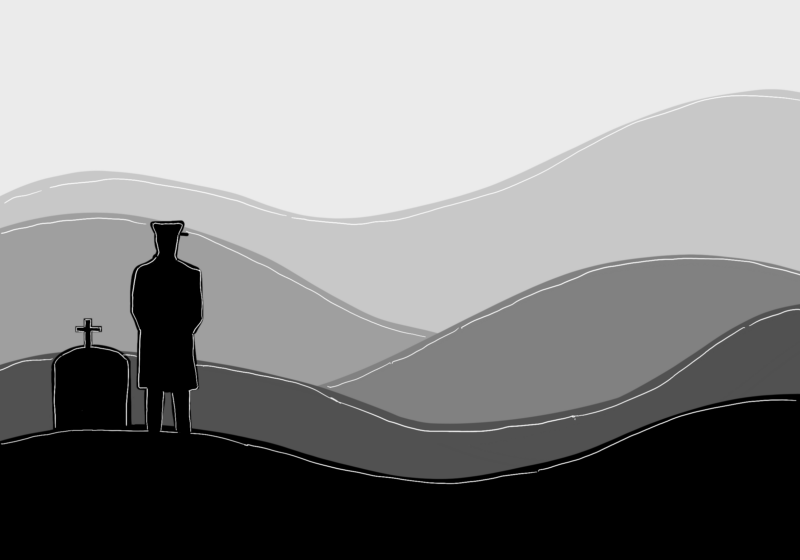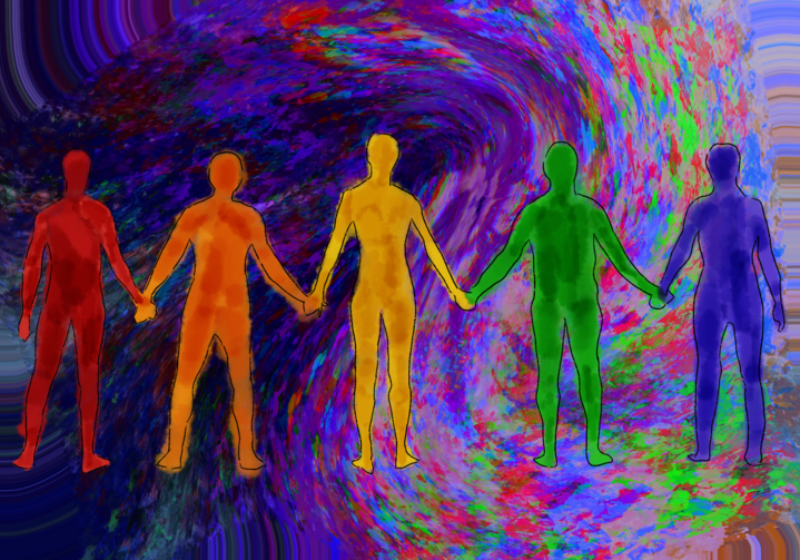Back in my prime, I was an avid follower of cancel culture, enough for it still influence the media I consume today. I don’t listen to my former favorite bands like Pinegrove and Summer Salt anymore. I refuse to watch anything with Louis C.K., and I always look up which Franco brother was accused every time I go to watch something with one of them in it.
These were easy people to “cancel,” because I didn’t have much attachment to them, and I could find replacements. On the other hand, it was very easy for me to forgive Aziz Ansari and watch his new Netflix special the day it came out earlier this year. It’s easy to continue to stan, like, follow because you can do it in the safety of your own home without anyone knowing.
But what happens when it’s someone that people have to see you in public with? It’s a lot harder to get coffee with a problematic person in the public eye. Or what if you’re one of the few people who knows that they’ve done something “cancel-worthy?” Something that you would cancel anyone else for, if you had more distance between you?
Before we decide which adventure to choose, let’s establish that we’re assuming two things: You are very close with a person who did a very bad thing, and that there is evidence that they did it.
This dilemma presents two choices.
In the first choice, you could continue your relationship with the “cancelled” person, and live with the guilt. You know they did something that you wouldn’t typically condone, but you’ve decided to give them a “get out of jail free” card. You continue to be friends with this person and live your life with them in it, but there’s still some lingering resentment — towards them or yourself — because you know somewhere inside that your friend did something bad.
Or there’s option number two: You could completely cut off the person who you once called a friend. You abandon a relationship that you had worked so hard to cultivate, and you decide to ignore that person. Maybe you pass by each other every once in a while, each of you hiding from the other’s gaze. Eventually, you become complete strangers with someone you were once so close with, all your old memories of them tainted with their bad aura. So what do you do with items, pictures, and those memories that had been once good?
No matter what choice you make, you will face significant consequences. This isn’t a black or white issue. This is just one example of the challenges of life that doesn’t have a clear answer. The truth is, this is a lose-lose situation and you’re the loser. You can continue to trust someone who did something bad and live with the guilt. Or, you can stop speaking to them, but still deal with the fact that you once trusted someone who did a very bad thing, and that you had let them into your life. Either way, you end up losing something you didn’t want to.




